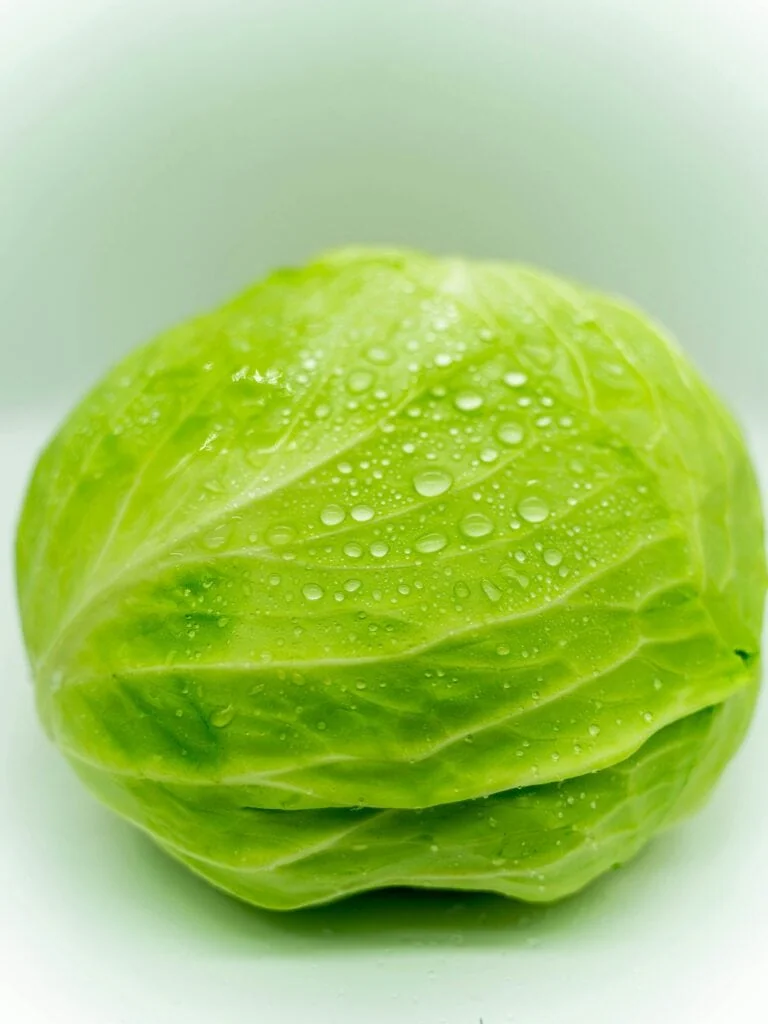Discover why cabbage is in high demand worldwide and how B2B importers can profit from this powerful green commodity.
Why Leafy Greens Like Cabbage Are Becoming a Smart Investment for Global Importers in 2025
This unassuming leafy vegetable is emerging as one of 2025’s most promising export opportunities. Once considered a kitchen staple, cabbage is now gaining traction as a high-margin, health-driven commodity. Thanks to rising demand for affordable, plant-based nutrition, smart B2B importers are beginning to tap into the profitable market of cruciferous produce and its growing global appeal.
High-Demand Commodity: The Global Rise of Leafy Vegetables
Brassica vegetables like cabbage are now essential across diets in Asia, Europe, and Africa. As food security concerns rise and plant-based eating becomes the norm, demand for low-cost, nutrient-dense greens continues to climb.
Strategic Markets With Explosive Growth
In 2025, key destinations such as Germany, the Netherlands, South Korea, and the UAE are seeing rapid growth in leafy vegetable imports—especially red varieties, Chinese types (napa), and certified organic heads.
What Are B2B Buyers Looking For?
Today’s buyers aren’t just after bulk produce—they want reliability and safety. High-volume purchasers typically demand:
- Chemical-free vegetables with valid certifications
- Optimized packaging and accurate labeling
- Steady volume for consistent supply
- Value-added formats like shredded or fermented greens
From Farm to Port: Exporting Brassica Efficiently
The export process involves much more than just harvesting. Here’s how the supply chain works:
- Production: Sourced from highland farms under contract farming schemes
- Post-Harvest: Graded, cleaned, and chilled for export readiness
- Packing: Shipped in 20–25 kg containers (vacuum-packed or mesh sacks)
- Certifications: Including GlobalG.A.P., HACCP, and phytosanitary approvals
- Logistics: Refrigerated containers (reefers) ensure optimal quality during transit
Smart Packaging = Extended Shelf Life
Vacuum-sealed or MAP (Modified Atmosphere Packaging) products drastically improve freshness and minimize losses. B2B buyers favor produce that looks presentable and survives long-haul transport.
Must-Have Documents for Seamless Customs Clearance
- Commercial Invoice
- Certificate of Origin
- Phytosanitary Certificate
- Packing List
- Third-party Inspection Report (if required)
2025 Price Trends: Profitable Yet Accessible
As logistics and climate issues pressure supply, prices are gradually rising. Current average international FOB rates:
- Green types: USD 0.35 – 0.50/kg
- Red varieties: USD 0.60 – 0.85/kg
- Napa/Chinese: USD 0.75 – 1.10/kg
- Organic selections: USD 1.20 – 1.50/kg
Importers use forward contracts and Southeast Asian sourcing to maintain price stability.
Health and Sustainability Drive Demand
From sauerkraut to kimchi, fermented brassicas are in high demand for their probiotic benefits. Health-conscious consumers and plant-based diets have made this vegetable group a favorite among wellness brands and food manufacturers.
Case Study: Indonesia’s Rising Export Potential
Indonesia’s highland farms, favorable climate, and pro-export policies position it as a rising export hub. With certification readiness and competitive pricing, its vegetable industry is attracting buyers from the Middle East to Africa.
Choosing Reliable Exporters
Evaluate suppliers with these B2B criteria:
- International trade experience
- On-site compliance certifications
- Cold chain facilities
- Flexible incoterm options (FOB/CIF/DDP)
- Fast and transparent documentation
Digital Tools for a Streamlined Import Process
Top importers use platforms like:
- Tridge: View global pricing and supplier trends
- Alibaba B2B: Lock in long-term deals
- ImportYeti: Track historical shipments of competitors or partners
Bonus Strategy: Private Labeling Pays Off
Repackaging bulk leafy produce under your own brand can drive higher margins and visibility—especially for organic or functional food markets.
Common Mistakes to Avoid
Avoid these costly missteps:
- Skipping temperature control: Always use reefer containers
- Neglecting to specify product grading: Include it in contracts
- Last-minute documentation: Prepare all paperwork ahead of time
- No third-party quality checks: Request inspection reports
Starter Tips for First-Time Importers
- Begin with a 20ft trial shipment to vet quality
- Pre-negotiate incoterms and sample clauses
- Partner with a freight forwarder familiar with perishables
From Trial to Full-Scale Trade
Once a supplier proves reliable, scale your volume and diversify offerings—e.g., include fermented goods or frozen cuts to reach broader customers and increase order value.
Final Thoughts: Invest Smart in a Green Commodity
Leafy vegetables like cabbage are no longer just food—they’re a growing investment. Affordable, nutritious, and globally relevant, this category offers a unique mix of volume and value. For importers ready to grow, now’s the time to act.
Get started with reliable sourcing at
Premium Berastagi Cabbage Supplier
Location:
Komplek Panggon Indah Jalan Tentram no.129 Rengas Pulai Medan Merelan
Kota Medan, Sumatera Utara, Indonesia
Email:
Phone / WhatsApp:

